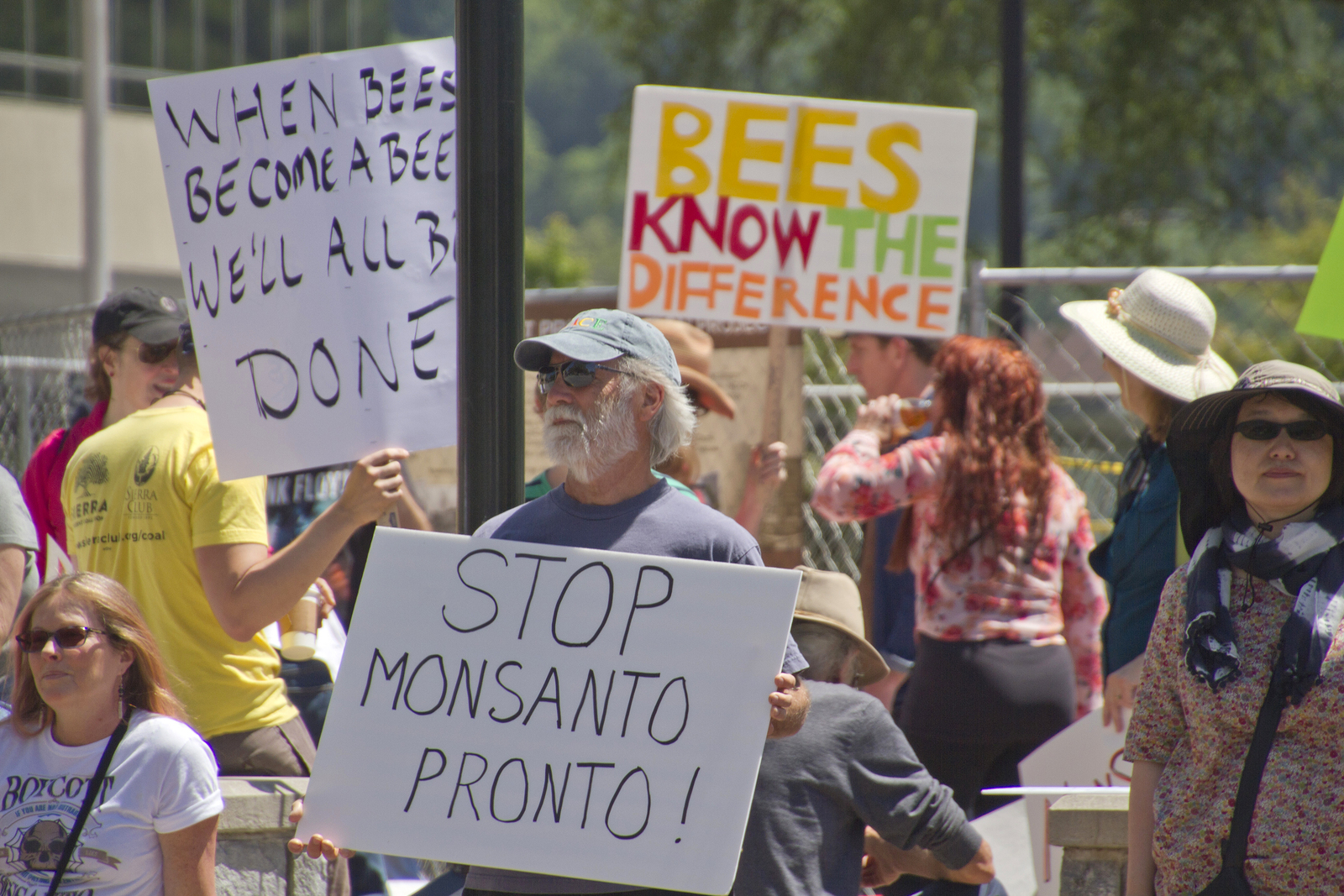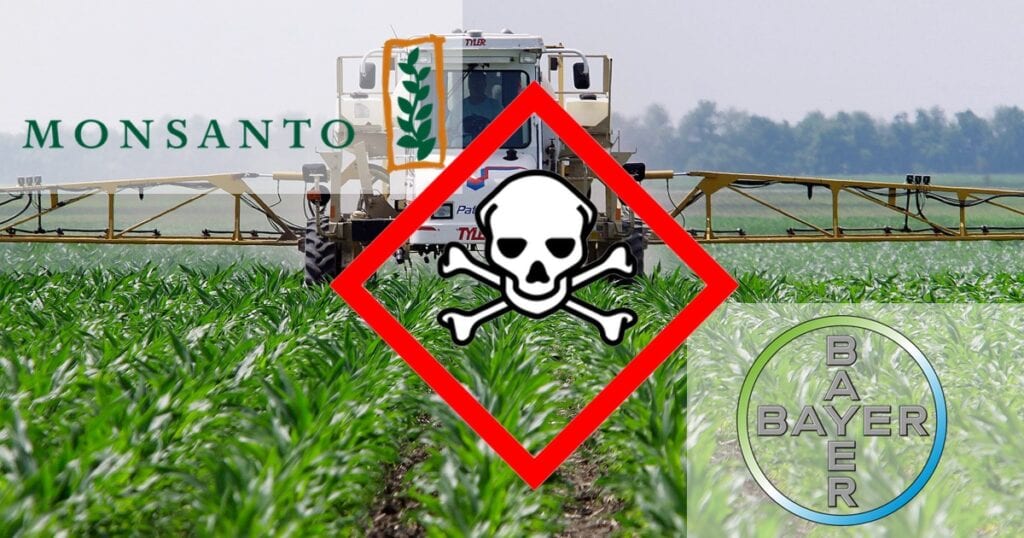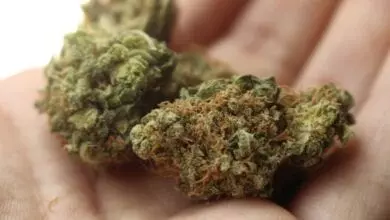8 Reasons Why Every Human Being With a Conscience Should Boycott Monsanto-Bayer

It didn’t come without a fight, but approval for the Monsanto-Bayer merger has finally come down from U.S. antitrust regulators, meaning the $60 billion “merger from hell” will proceed.
Now that the newest and biggest GMO, chemical, and pharmaceutical giant has become visible on the horizon, it’s important to know just what we’re up against as we head into the May 19 March Against Monsanto.

With that in mind, it’s important to know just why this merger is bad news for anybody who cares about natural and organic food, and the health of people and the planet in general.
Here are the eight biggest reasons why it’s more important than ever to boycott Monsanto and Bayer:
1. Control of Food and Seeds
According to multiple reports, Bayer’s acquistion of the Monsanto Company will create a GMO and pesticides giant set to control a staggering percentage of our seed supply — more than 25 percent of the global market when it’s all said and done.
Seeds belong to nature, not Monsanto!
2. The Dark History of Monsanto
Perhaps the most head-scratching thing about the Monsanto Company is that so many people seem to gloss over its sordid history, which includes the manufacturing of Agent Orange, toxic PCB chemicals, white phosphorus bombs, and some of the most destructive pesticides in history.
Monsanto maintains its purpose is to “feed the world” with GMOs and pesticides, but how can we trust our food supply to such a deadly company?
3. The Dark History of Bayer
Manufacturers of chemical weapons during the First World War, Bayer is another poster child of the post-World War II chemical-intensive farming and medicine landscape.
The company also became part of IG Farben in 1925, the chemical and explosive manufacturing arm of the Adolph Hitler’s Nazi war machine and largest single entity profiting it (more info here).
Now, Bayer makes medicines that may saving lives, but also ones with shocking side effects that have led to tens of thousands of lawsuits (see a list of medications to boycott and learn more here).
They’re also one of the largest GMO seed and pesticide manufacturers in the world.
4. Farmers Getting Squeezed Out
How much of a threat is the Bayer-Monsanto merger to farmers? A huge one, according to a recent poll from Farm Aid, a coalition of 45 farm groups that oppose the merger.
According to their statistics, the prices of corn and soybeans have spiked dramatically between 1995 and 2015, when GMO “Roundup Ready” seeds from Monsanto became popular. Corn seeds went to $101.04 from $23.98, while the price of soybean seeds went up from $13.32 to $60.06.
Could similar increase be on the way, squeezing out even more farmers?
A poll from Farm Aid found that 93.7 of farmers surveyed are concerned about the merger, and over 82% are “very concerned.”
The biggest fears are that Monsanto and Bayer will use their combined dominance to push sales of new products on them, while controlling their data and pushing a chemical-intensive farming model for profits.
These companies have a history of preying on farmers, and show no signs of stopping. The soul of the family farm itself may be at stake.
5. Natural Remedies are Readily Available
While both companies are active in the chemical farming business, Bayer is also the producer of many powerful and controversial medicines responsible for countless lawsuits and side effects.
Boycotting Bayer’s medicines and supporting natural remedies whenever possible will be one of the best ways to hit the new mega-company in the pocketbook.
6. Organic is the Way Forward
While Monsanto insists that GMOs and chemicals are the only way to “feed the world,” even the United Nations has gone on record as saying that small-scale natural farming is the answer instead.
The organic industry needs our support, and every time you buy organic you’re driving a stake through Monsanto and Bayer’s bottom line.
7. Time is of the Essence
Recently it was announced that Monsanto has signed a $125 million dollar deal to flood the market with new “longer-lasting” GMO foodsincluding potential new GMO strawberries, wheat and more.
As usual, they won’t be labeled. The future of food rests on our purchases.
8. We Don’t Need Pesticides to Feed the World
Also according to the United Nations, we don’t need synthetic pesticides to feed the world, either.
Synthetic pesticides cause over 200,000 deaths worldwide, and they’re the biggest key to Monsanto and Bayer’s business model.
These companies have a ton of control over our food supply now, but it won’t last forever. As Henry Kissinger once said, “Control oil and you control nations; control food and you control the people.”




